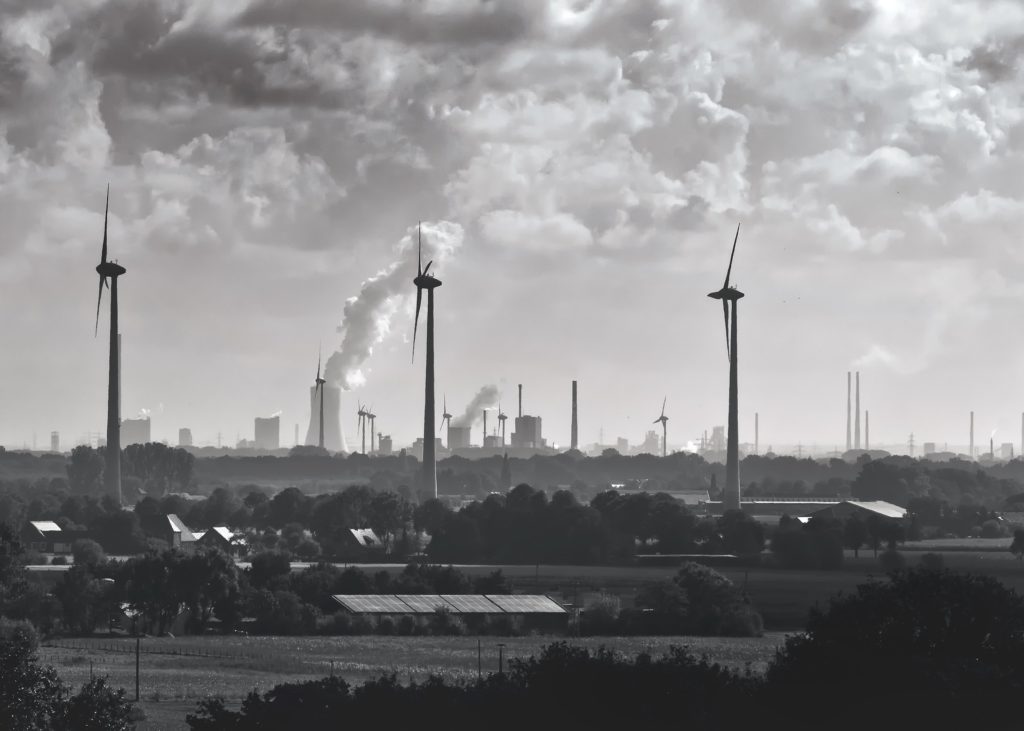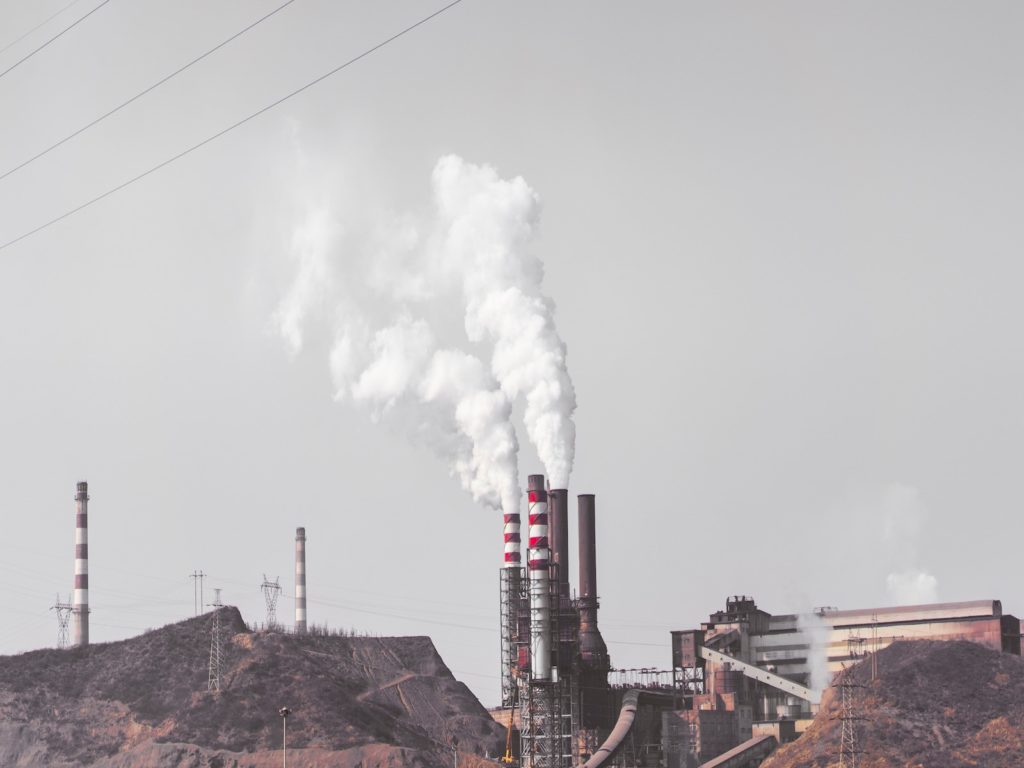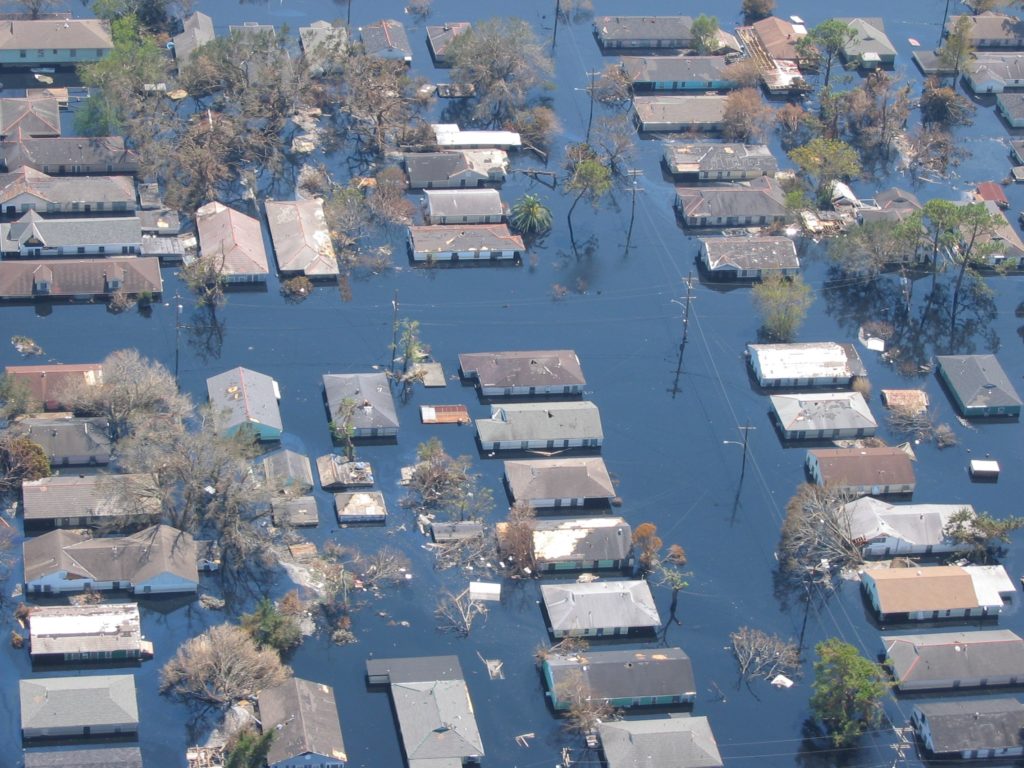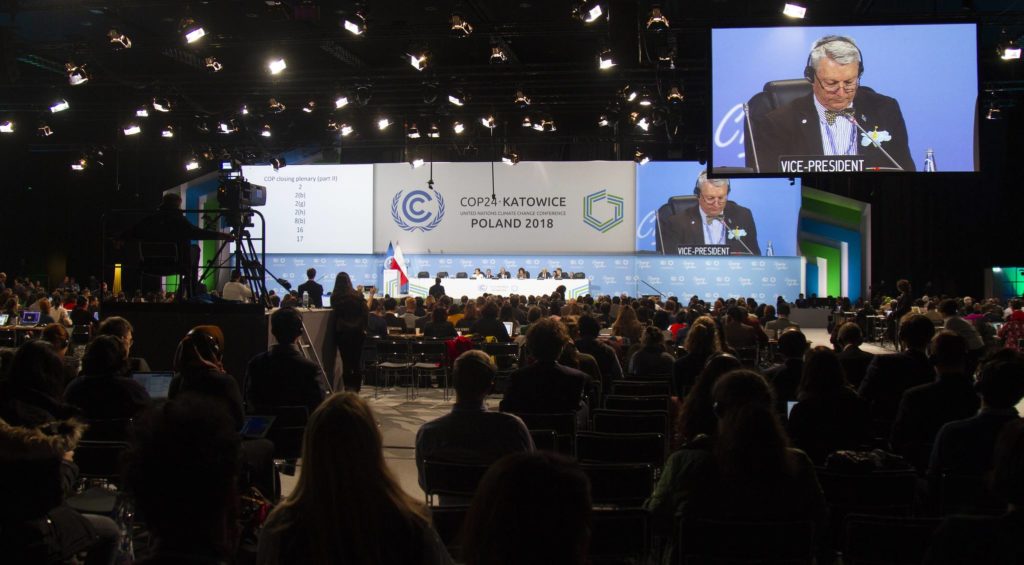
For a New Boost to Climate Policy. Economists’ Plea for Carbon Pricing
Manchester – 27 June 2019. Economists make a plea to address climate change more effectively and to adopt the best solution we have so far:

Manchester – 27 June 2019. Economists make a plea to address climate change more effectively and to adopt the best solution we have so far:

In an unusually alarming tone, a new UN report reveals that nature’s decline has reached “unprecedented” levels, with species extinction rates increasing and global responses remaining insufficient. The erosion of the environment and its wellbeing is the most damming assessment yet of man’s impact on Planet Earth and reiterates the need for transformative change to restore and protect nature.

The IPCC special report on the impacts of global warming tells us that, although the planet is getting hotter, it is still possible to remain within the 1.5 °C mark set out in the Paris Agreement. However, for this to be achieved nothing short of reaching net zero emissions by 2050 will suffice: policymakers are looking to decarbonise the economy.

Xi Jinping’s official trip to Europe revolved around multi-billion-euro business deals including fourteen large contracts; a Chinese order for 300 Airbus planes worth 30 billion euros; transport and infrastructure plans under the Belt and Road Initiative (BRI); and, surprisingly, commitments to invest in renewable energy and fight climate change by upholding the Paris Agreements.

The 2019 edition of the annual World Economic Forum flagship publication lists extreme weather events, failure of climate-change mitigation and adaptation and natural disasters among the top five threats most likely to occur in the next 10 years.

Since 2012 the number of commitments on fossil fuel divestment has increased rapidly, reaching over 1000 institutions worth 7 trillion euro.

At the U.N. climate summit in Poland, countries agreed upon the Katowice Climate Package, a set of rules for implementing the Paris Agreement. It is the outcome of a complex COP, due to technicalities and difficult international context. After two weeks and one extra day of tense negotiations, the rulebook to face and contain climate change got the green light.

Meeting the goals of the Paris Agreement could save about a million lives a year worldwide by 2050 through reductions in air pollution alone, according to the World Health Organization. Health gains from climate action would be approximately double the cost of mitigation policies at the global level, and the benefit is even higher in countries such as China and India.

Just days before the start of the COP24 climate summit in Katowice, a mounting pile of major reports points to the same message: despite the efforts in place, action to tackle climate change is still far away from the objectives set in the Paris agreement.

The new Global Commission on Adaptation aims to set in motion a global movement to heighten the visibility and political importance of climate adaptation while

The European Commission has set a new Bioeconomy Strategy focused on three key aspects: developing new technologies and processes for the bioeconomy, developing markets and

UNFCCC Executive Secretariat Patricia Espinosa will deliver a keynote speech today, September 24th, to kick-off the 10th annual Climate Week NYC, where government ministers, investors,